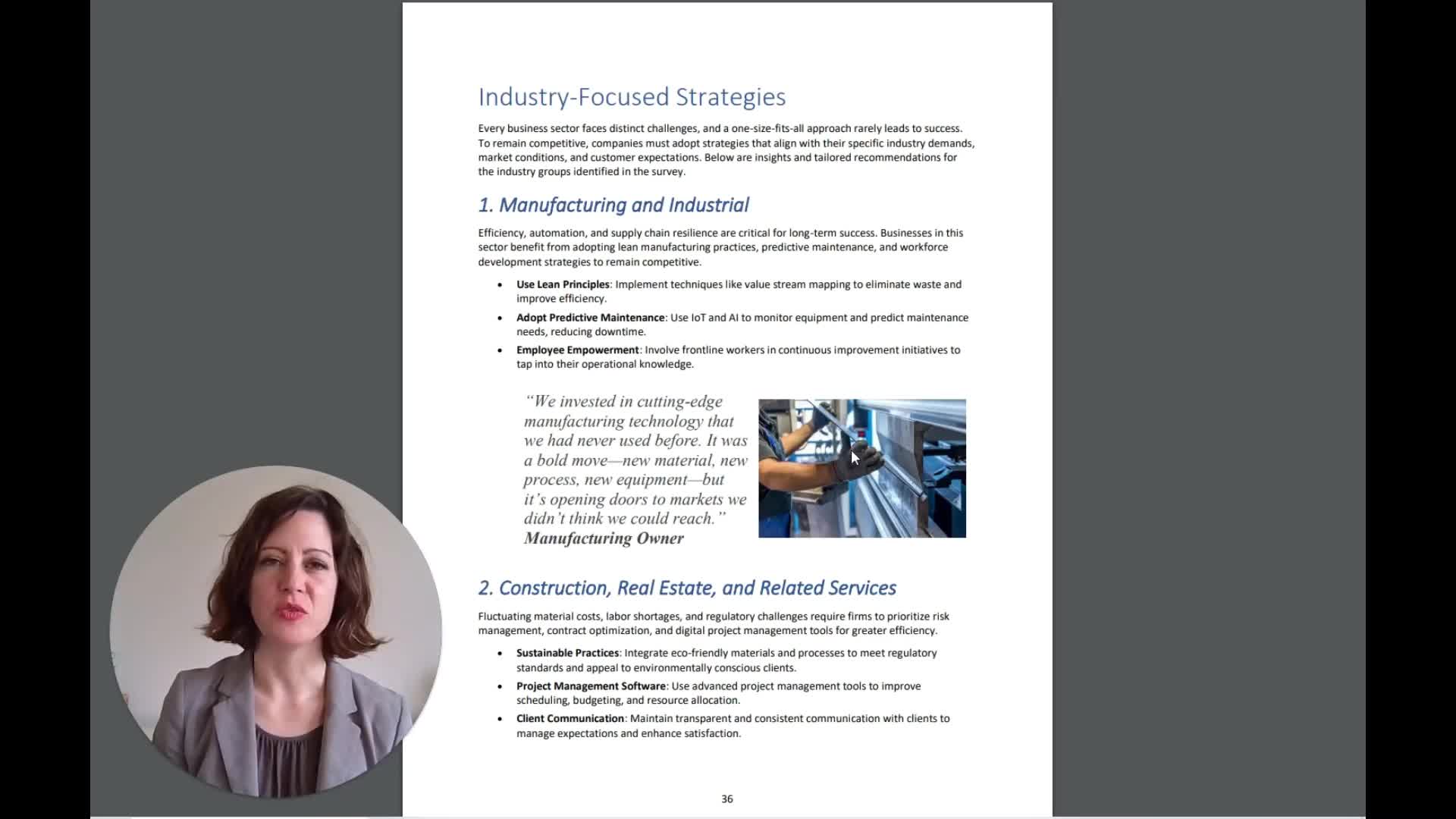Workplace Culture
Why is creating the right company culture important for retaining innovative talent?
According to Jeff Weiner, creating an environment where talent can flourish is critical. When culture is not a good fit, the most innovative people—the rule breakers—become frustrated and leave the organization. This creates a cascade effect where others who were counting on these innovators to drive change also become discouraged and depart. At LinkedIn, they address this by codifying values like 'acting like an owner' and 'taking intelligent risks' that support innovation. A supportive culture with clearly defined values ensures that talented individuals can thrive rather than becoming frustrated by organizational constraints.
Watch clip answer (00:46m)How can employee-generated content enhance an employer brand?
Employee-generated content (EGC) is a powerful tool for enhancing employer branding by viewing employees as creators and co-creators. When employees share their personal and professional stories, they bring the company culture alive in an authentic way. This approach works effectively through various methods - from employees documenting interesting projects, to creating personal content that intertwines with business narratives, to participating in friendly competitions that drive engagement. By incentivizing and rewarding this content creation, organizations can showcase their employer brand through the genuine voices of their team members, creating compelling narratives that resonate with potential engineering talent and other prospective employees.
Watch clip answer (02:04m)How does Brian Chesky define company culture and what makes a culture strong?
Brian Chesky defines culture as "a shared way of doing things" where team members align around a common mission with shared beliefs. He distinguishes between weak and strong cultures rather than good or bad ones, noting that strong cultures are founder-led where people are deeply passionate about the mission. According to Chesky, the most critical elements for building a strong culture are thoughtful hiring practices and having a set way of doing things that people buy into. At Airbnb, they've institutionalized this approach through culture interviews and a Core Values Council that serves as an advisory group to maintain and strengthen their company values.
Watch clip answer (02:07m)What is intentional remembering and why is it important for building workplace relationships?
Intentional remembering is the practice of recalling details people share in conversations and following up on them later. When colleagues share personal or professional details in passing, taking note of this information and checking in later sends a powerful message that you genuinely care. Chris illustrates this through a personal example of his friend Lindsay, who remembered the anniversary of his father's death when others forgot. By putting reminders in calendars to follow up on colleagues' life events, illnesses, or work challenges, we demonstrate authentic interest in their lives. This small gesture builds trust and strengthens connections, even in remote environments where physical distance separates us.
Watch clip answer (03:46m)What are the key challenges and strategies for success in the manufacturing industry?
In manufacturing, the biggest challenges include workforce shortages of qualified skilled workers, employee retention issues, and adapting to new technologies. For success, businesses should focus on efficiency, automation, and supply chain resilience. While pay is important for retention, workplace culture also matters greatly - employees need to feel appreciated and have flexible schedules. Lean manufacturing principles like value stream mapping and waste elimination remain crucial. Digital tools such as AI, Internet of Things, and predictive maintenance can help anticipate equipment needs and streamline operations. Companies must overcome resistance to change while creating supportive work environments that still maintain productivity.
Watch clip answer (03:52m)What role does company culture and values play in attracting talent and building relationships with customers?
According to Jeff Weiner, company culture and values are increasingly important in attracting talent, particularly among millennials who are more driven by purpose than traditional motivators like compensation or titles. The culture of an organization isn't just about results but how those results are achieved. This purpose-driven approach creates a sense of belonging and meaning for employees. Weiner notes this extends beyond employees to customers, who now have transparent views into company operations through social media. Customers increasingly make purchasing decisions based not just on product quality, but on what companies stand for and how they conduct business. This makes clearly defined values and culture essential for building relationships with all key constituents in a company's ecosystem.
Watch clip answer (02:47m)




